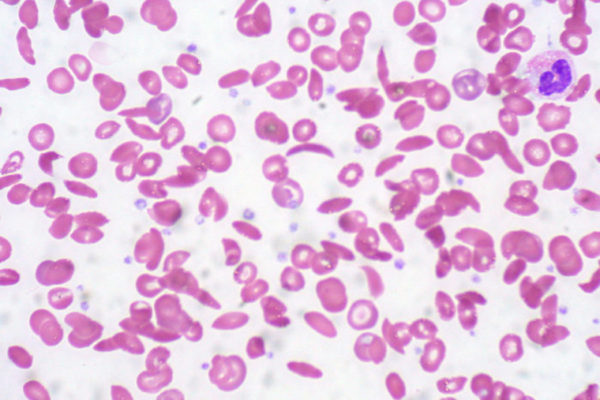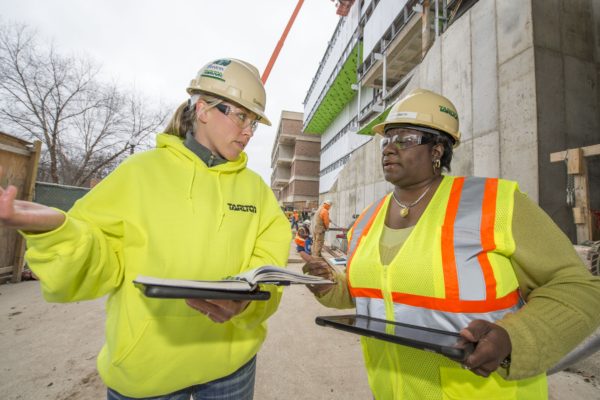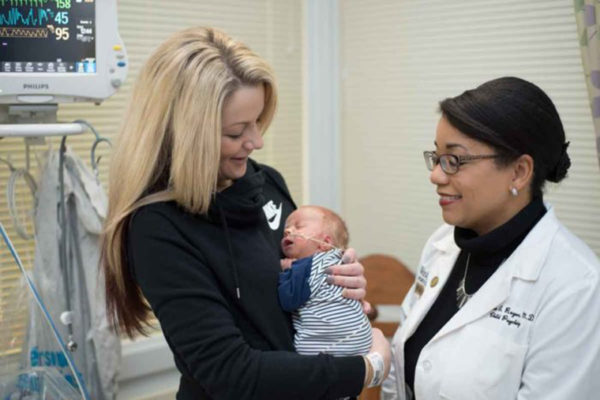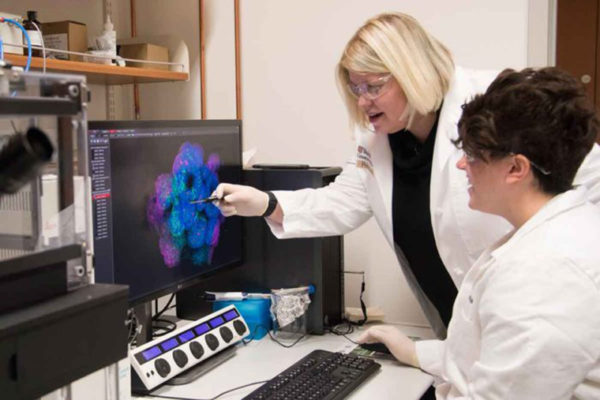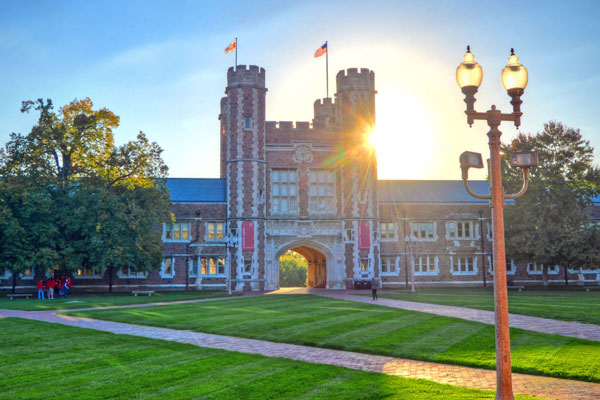$4 million funds study of sickle cell disease in teens, adults
Allison A. King, MD, PhD, a highly regarded sickle cell disease researcher at Washington University School of Medicine in St. Louis, has received a six-year, $4.3 million grant from the National Institutes of Health (NIH) to further her investigations into the disease.
Dakota Access pipeline focus of Buder Center symposium
The Kathryn M. Buder Center for American Indian Studies at the Brown School will tackle issues surrounding the controversial Dakota Access pipeline during the “Indigenous Rights and Environmental Justice Symposium: From Standing Rock to St. Louis” Monday, Feb. 6.
Invigorated Supplier Diversity Initiative strengthens minority-owned businesses, St. Louis region
Stephanie Smith, director of supplier diversity, says the Supplier Diversity Initiative is preparing minority business enterprises and women business enterprises to work at Washington University. “I knew that if I could make a difference for the businesses, I could make a difference for the community,” Smith said. “This work matters now more than ever as we, as a region, strive for racial equity.”
Early signs of anxiety, depression may be evident in newborns
Early predictors of anxiety and depression may be evident in the brain even at birth, suggests a study at Washington University School of Medicine in St. Louis.
‘Mini-guts’ offer clues to pediatric GI illness
Using immature stem cells to create a miniature model of the gut in the laboratory, researchers at Washington University School of Medicine in St. Louis and the University of Pittsburgh have determined how infection-causing enteroviruses enter the intestine.
Online database aims to collect, organize research on cancer mutations
Researchers at the School of Medicine have developed an online “knowledgebase” intended for the gathering and organization of the vast body of knowledge known as cancer genomics.
Medicaid enrollment growth higher in urban areas, new study finds
Enrollment in Medicaid grew more rapidly in metropolitan areas than in rural areas in states that did not expand the program under the Affordable Care Act, according to new research from the Brown School at Washington University in St. Louis.
University joins Raise.me
Washington University in St. Louis has joined Raise.me, an innovative program that rewards low-income high school students for good grades, community service and leadership with scholarship dollars — up to $10,000 a year.
A message from Chancellor Mark S. Wrighton regarding recent immigration actions
In a message to the Washington University community, Chancellor Wrighton addressed the immigration actions stemming from the executive order signed by President Trump on Friday, Jan. 27.
Jonathan Biss launches Great Artists Series Feb. 9
Acclaimed pianist Jonathan Biss will launch Washington University’s new Great Artist Series with a solo recital Feb. 9 in the E. Desmond Lee Concert Hall. The program will feature late works by Frédéric Chopin, Robert Schumann, Johannes Brahms and György Kurtág.
View More Stories
